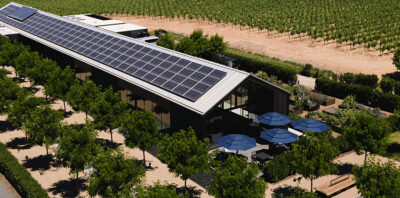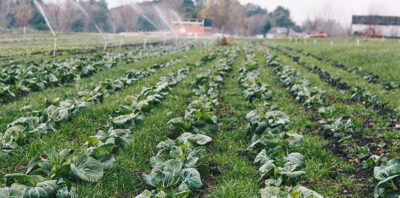Here in Sonoma County, we believe that being good stewards of the Earth, our natural resources, our beautiful spaces, and the people of Sonoma County is vital to our thriving community as well as to visitors. Discover how Sonoma County is leading the way in sustainability and climate action, and access responsible travel resources to help maximize the positive impacts of your visit to this beautiful destination. Together, we can protect and preserve this special corner of the world for generations to come.
Every Stay Gives Back
Sonoma County Tourism and its participating lodging partners are proud to align with Kind Traveler to support the vital work of selected Sonoma County charities advancing social and environmental causes in our region. Through our partnership, we're empowering a new generation of responsible travelers to positively impact our local community by giving back.
Responsible Travel Resources
Travelers are empowered to make a positive impact to the local community and the environment when visiting Sonoma County through Kind Traveler, the first socially conscious “Give and Get” hotel...
At the core of Responsible Travel is a commitment to maximizing positive impacts to a destination you visit. One powerful means of doing so is through “voluntourism” or volunteer tourism. The act of...
Slow Food in Sonoma County awards the Snail of Approval to local restaurants, farms/ranches and producers that are making a significant contribution to improving the food system. By celebrating these...
Here in Sonoma County, laid-back luxury meets a deep commitment to the tenets of sustainability — supporting a healthy economy, society, and planet. We encourage you to fly to Sonoma County more...
In Sonoma County, the word “sustainable” is more than an eco-friendly catchphrase—it’s a big-picture approach to caring for land, people, and wine. Most of Sonoma County’s 425 wineries, and 99% of its...
Experiencing our destination through the Sonoma County Leave No Trace Seven Principles gives travelers an opportunity to make a difference. Together, we can protect and preserve this special corner of...
Help our destination in its mission to reach carbon neutrality by offsetting the carbon emissions from your Sonoma County experience.
Understanding Sustainability
THIS IS WINE COUNTRY.
Share your experience using #SonomaCounty or #LifeOpensUp
SONOMA COUNTY PLEDGE
We invite you to pledge your support to traveling with consideration across Sonoma County and take action.
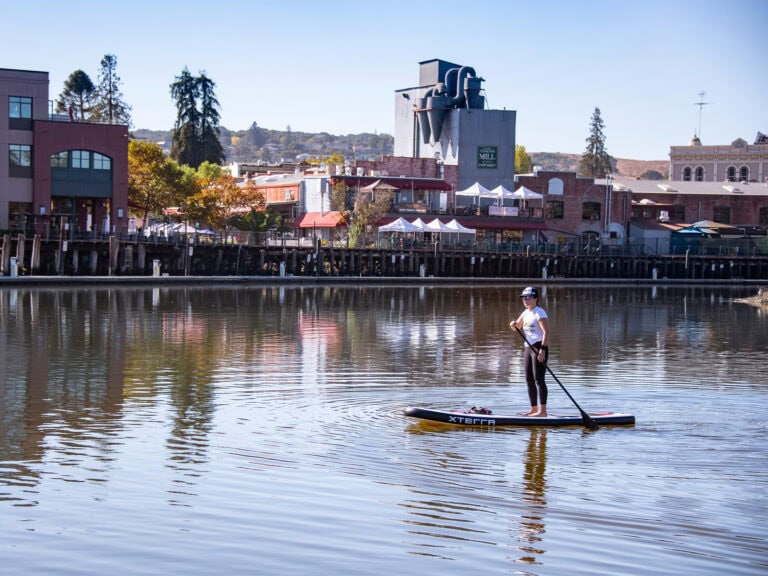
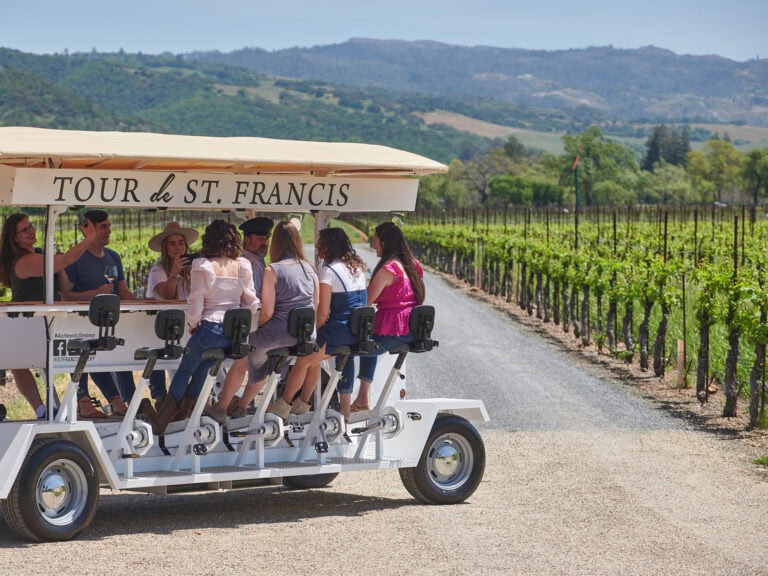

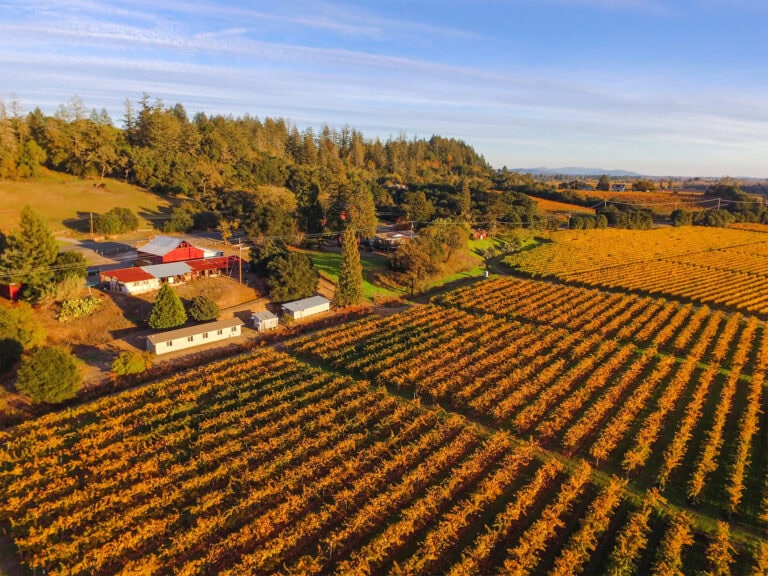
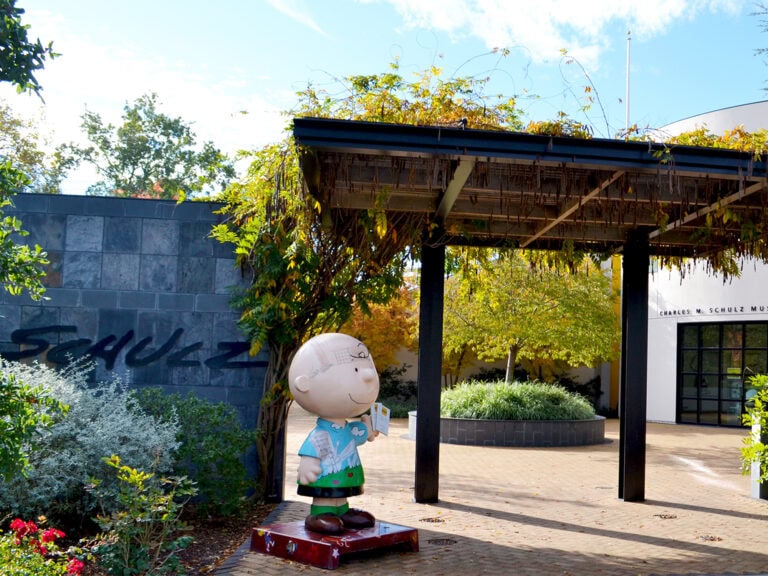

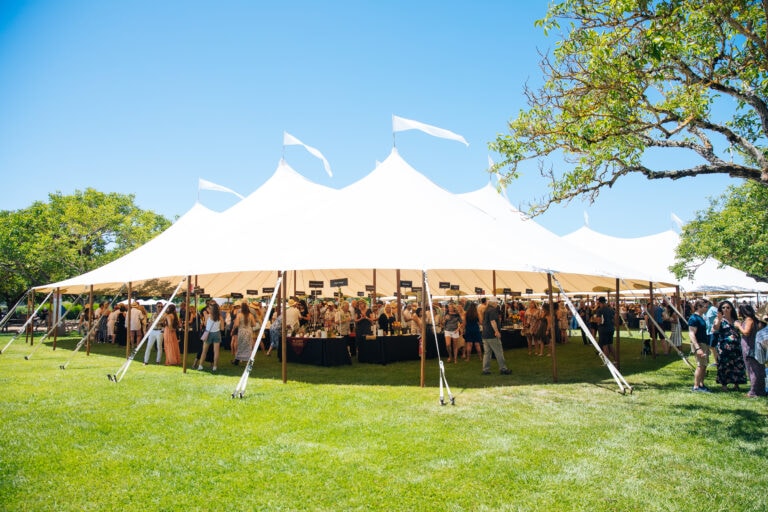
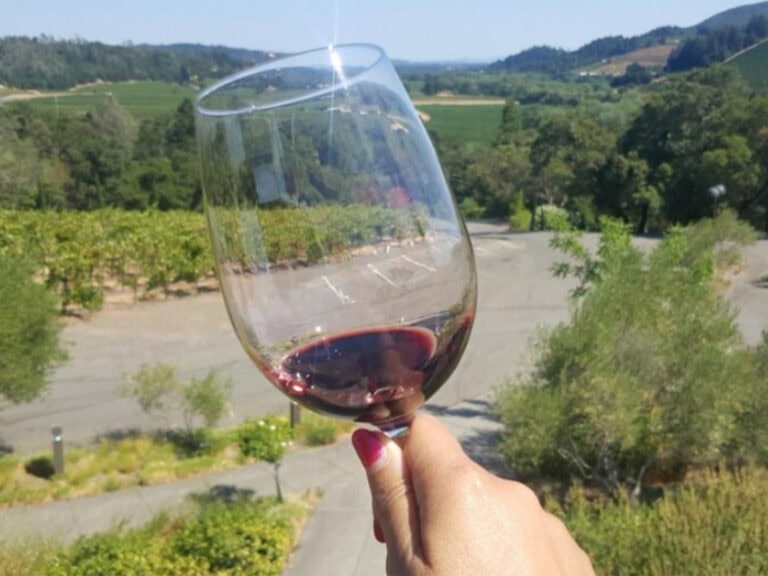

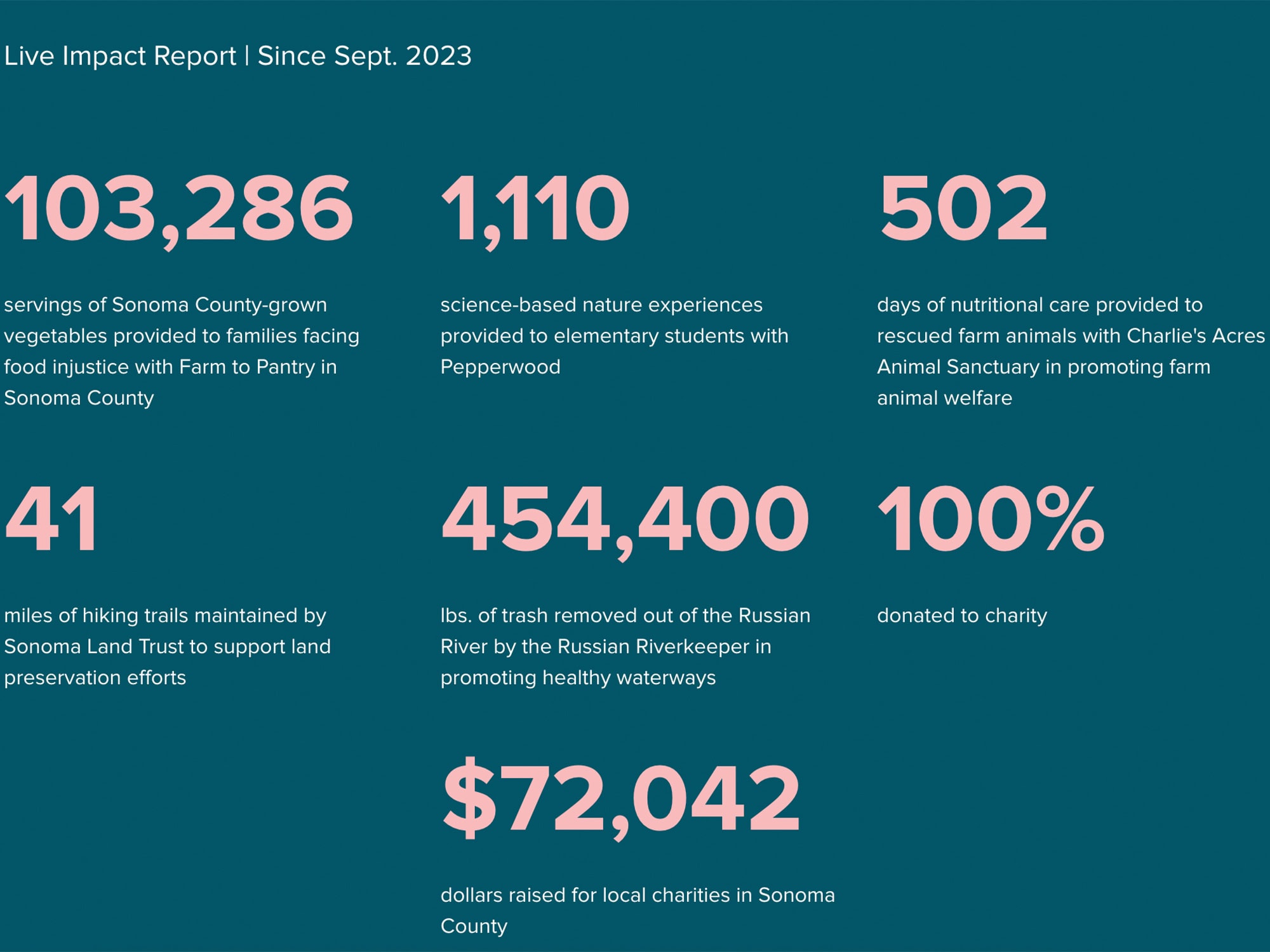
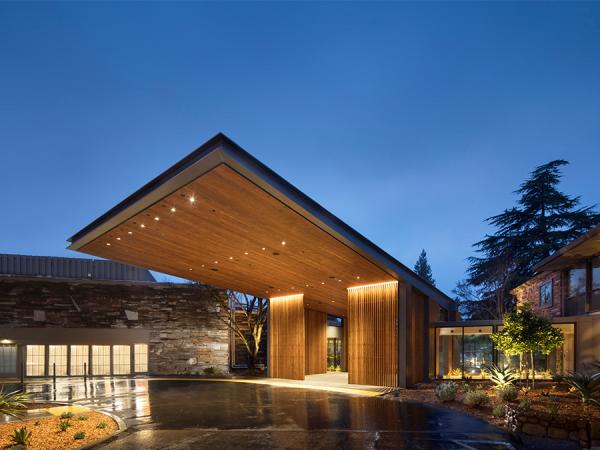
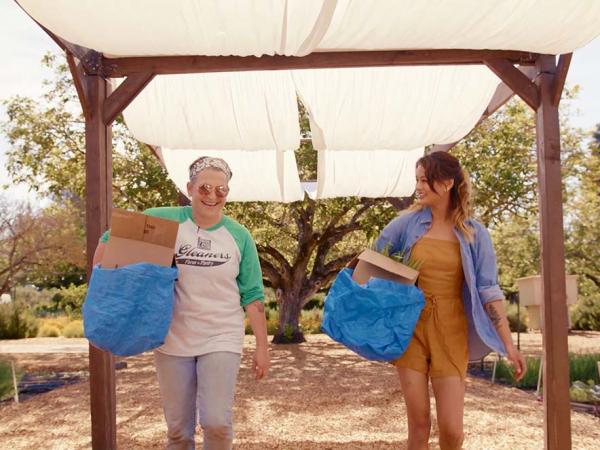
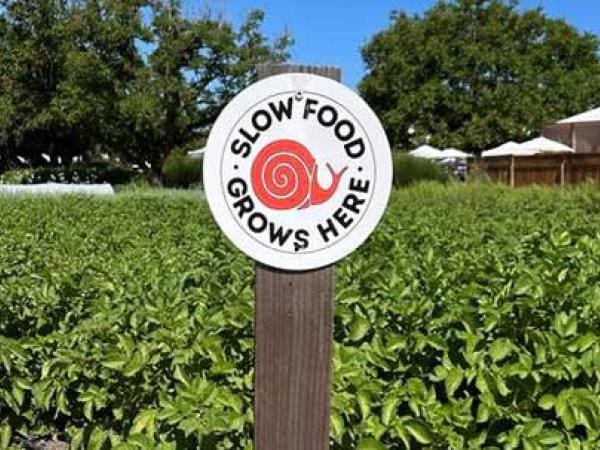
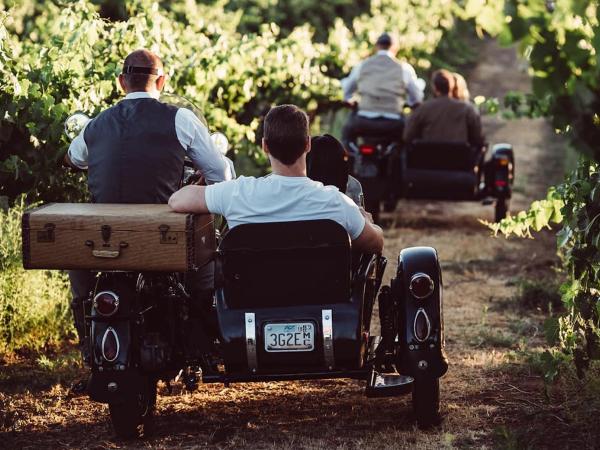
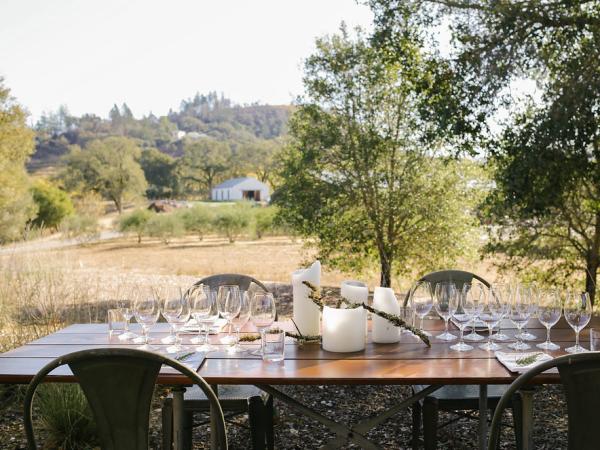


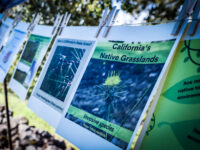 How Do We Define “Sustainability”?
How Do We Define “Sustainability”?
